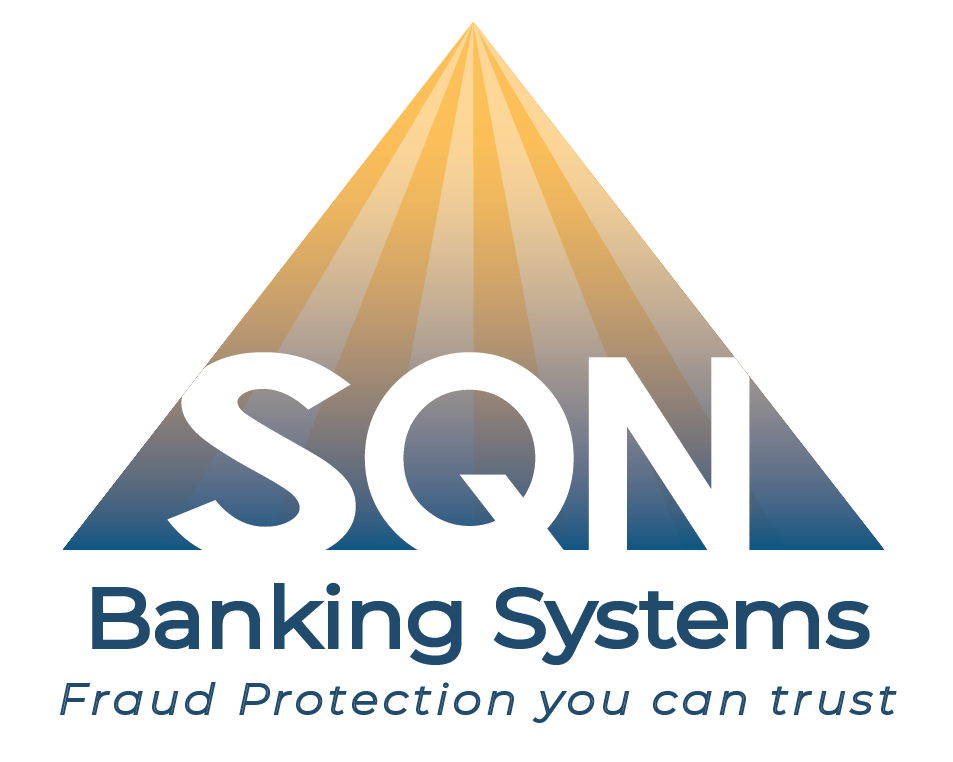Balancing Mask Mandates and Security Concerns

Someone slips into your bank, hands the teller a demand note, receives a bag of money, and escapes without anyone seeing their identity thanks to a mask — for decades, banks sought to avoid this all-too-common scenario by banning masks, but as state governments and county health departments attempt to slow the spread of the coronavirus, masks have become mandated in many public spaces, forcing banking professionals to find new ways to deal with old security concerns.
How can your financial institution balance bank security with masks mandates? Here is what you need to consider.
Do Masks Increase the Risk of Robberies?
In 2018, there were approximately 3,000 bank robberies in the United States, nearly a quarter less than the previous year and less than half of the number in 2004. According to the Federal Bureau of Investigation (FBI), the average amount taken was $3,483, indicating total losses of just over $10 million. To put that into perspective, banks lose over $2 billion every year in fraud losses.
However, significant changes such as mask mandates can always lead to a shift in the trends. Brian Brooks, the Comptroller of the Currency, speculates that mask mandates may lead to an increased risk of robberies, and as a banking professional, you may want to heed his words as you develop policies for these unique times.
How To Verify the Identity of Masked Customers
To minimize the risk of a potential robber entering the bank, consider verifying your customers’ identities before they enter your branch. For example, you may want to consider keeping lobby doors locked and request customers to show their IDs and briefly unmask their face in front of a security camera. Then, your employees can buzz them in.
If you prefer to leave your lobby doors unlocked, consider having tellers ask customers security questions to verify their identities. Additionally, depending on your concerns and the rules around masking in your area, you may want to implement the following types of rules:
- Wear masks that properly cover your nose and mouth.
- Do not wear full masks such as ski masks that cover more than your nose and mouth.
- Do not combine a mask with sunglasses, hats, or other items that hide your identity.
- Be willing to comply with teller requests to remove masks as needed to identify yourself.
- For the safety of staff members, if you cannot medically tolerate a mask, please use the drive-through.
Encourage Customers to Use Contactless Services
Many banks have reported a steep drop in lobby traffic since the coronavirus began spreading through the United States, and this change in customer behavior has the potential to save financial institutions payroll costs as they reduce horus for tellers, personal bankers, and other in-branch personnel.
If you want to continue to see a drop in branch traffic, try to encourage your customers to embrace online services. Send out tests, emails, or brochures talking about the health benefits of contactless services, explain how to access these services, and reassure your customers that these options are safe.
Whenever possible, try to customize your educational outreach efforts. For instance, you may want to send different letters to customers based on whether they have already signed up for online services or engaged with your banking app in the past.
Focus on Online Security
In the midst of the coronavirus, online banking has surged. In April, the number of people who signed up for mobile banking applications more than doubled, and 40% of respondents to one survey claimed that they would not be returning to bank branches even after the virus was no longer a concern.
These numbers highlight the importance of focusing on online security. While you need to be prepared for a potential increase in robberies related to mask mandates, the most significant risk for financial institutions continues to be online fraud, and as traffic increases on online services, this risk arguably increases.
Is your financial institution prepared for both in-person and online risks to your assets? At SQN Banking Systems, we can help you assess your security efforts and identify the best steps to take to enhance security throughout your business. Ready to learn more? Contact us today.
